In theory, Startup Week Tampa Bay should amount to nothing.
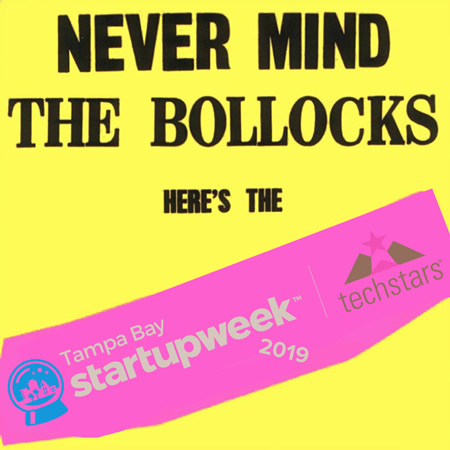
Let me start with a controversial statement.
In theory, Startup Week Tampa Bay 2019 should amount to nothing.
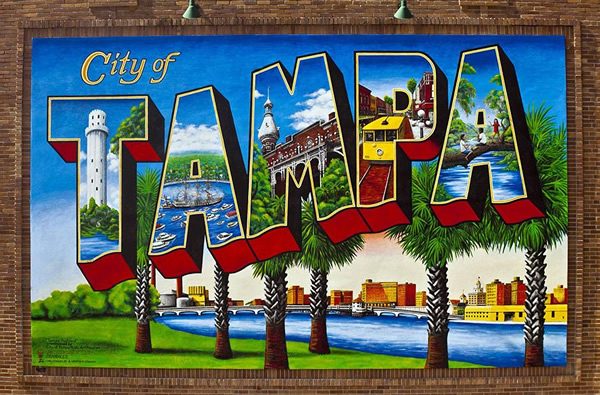
It’s almost a too-easy argument to make. Tampa Bay’s cities — Tampa, St. Pete, and Clearwater — don’t have the sort of entrepreneurial or tech cachet of Silicon Valley, Austin, and Seattle. It doesn’t even have the rep of “upstarts” such as Raleigh, Denver/Boulder, Toronto, and Montreal.
Tampa, St. Pete, and Clearwater are also overshadowed by other, better-known Floridian cities: Miami and Orlando. Tampa Bay’s geography and horrible traffic fracture the area. Between bridges and drive times that are twice what they should be, locals are reluctant to travel within their own areas, never mind the nearby sister cities.
In theory, Startup Week Tampa Bay is wasted money and effort that could be better spent on a metro area more likely to grow a good tech/startup scene.
I keep emphasizing the “in theory” part of my statements about Startup Week Tampa Bay, and it’s for a reason immortalized in a quote by computer scientist Jan L. A. van de Snepscheut:
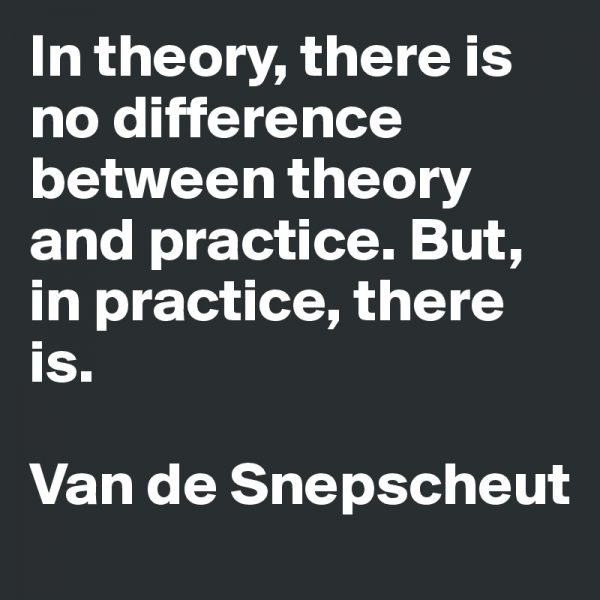
If we play our cards right — and by “we”, I mean the organizers and us, the intended audience, Startup Week Tampa Bay’s accomplishments could be bigger than anyone dreamed, and certainly what would be expected in theory.
I say this because we’ve seen this sort of thing before. Of all the examples I could pick, I’m going to take one that’s close to my musician’s heart: a seemingly unremarkable event in a failing city in England that would later be known as “The Gig That Changed the World”.
Manchester, 1976: The Gig That Changed the World
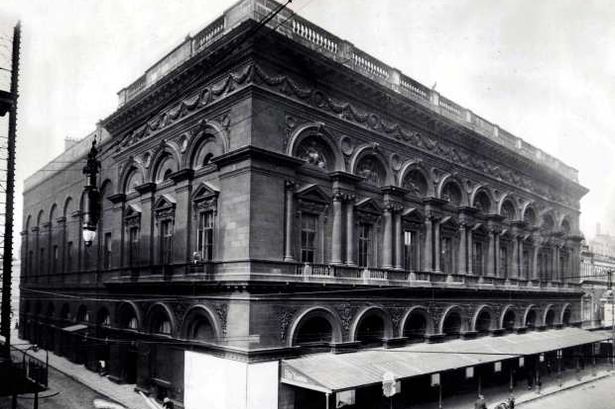
The Free Trade Hall in Manchester, England.
You could draw a number of parallels between Manchester, England and Detroit, Michigan, especially in the 1970s. Both were cities that grew to become industrial powerhouses in the first part of the 20th century. Both saw their fortunes decline drastically and become bleak urban wastelands after World War II. Both would also end up changing the course of music history in unexpected ways.
The Sex Pistols.
In June of 1976, a relatively unknown band called the Sex Pistols played a concert at Manchester’s Lesser Free Trade Hall. A mere 42 people attended. That’s respectable for a band that plays at your local bar on a Tuesday night, but it doesn’t seem like the sort of gig that would “change everything”.
What separated this gig from all the other Tuesday night gigs with fewer than 50 people is who were involved and showed up:
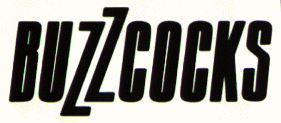 Two art school student friends, Howard Devoto and Pete Shelley (who recently passed away) organized the event. They ended up forming their own punk band, Buzzcocks, whose single, Ever Fallen in Love (With Someone You Shouldn’t’ve) has wound up in some of the most unlikely places: covered by Fine Young Cannibals in the ’80s and Thursday for the 2004 video game Tony Hawk’s American Wasteland, and featured in the soundtracks for the 1986 film Something Wild and the 2004 film Shrek 2.
Two art school student friends, Howard Devoto and Pete Shelley (who recently passed away) organized the event. They ended up forming their own punk band, Buzzcocks, whose single, Ever Fallen in Love (With Someone You Shouldn’t’ve) has wound up in some of the most unlikely places: covered by Fine Young Cannibals in the ’80s and Thursday for the 2004 video game Tony Hawk’s American Wasteland, and featured in the soundtracks for the 1986 film Something Wild and the 2004 film Shrek 2.
- Devoto would later form the post-punk band Magazine, who would influence ’80s acts Ministry and Peter Murphy as well as late ’90s acts Radiohead and Jarvis Cocker (lead vocalist from Pulp).
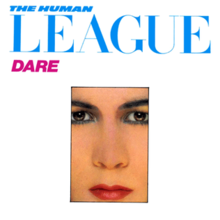 Shelley went solo, during which time he recorded the synth-pop single Homosapien with producer Martin Rushent. The experience doing all the drum machine and synth programming for that single would serve Rushent well, as his next project was The Human League’s ground-breaking album Dare! (the one with their big single, Don’t You Want Me).
Shelley went solo, during which time he recorded the synth-pop single Homosapien with producer Martin Rushent. The experience doing all the drum machine and synth programming for that single would serve Rushent well, as his next project was The Human League’s ground-breaking album Dare! (the one with their big single, Don’t You Want Me).
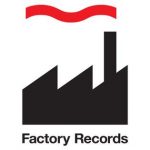 Tony Wilson, who hosted a TV show featuring the still-new punk rock movement, and Martin Hannett were there. They would go on to become a key figure in the Manchester and alt-rock scene by:
Tony Wilson, who hosted a TV show featuring the still-new punk rock movement, and Martin Hannett were there. They would go on to become a key figure in the Manchester and alt-rock scene by:
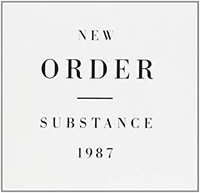 Starting Factory Records, which featured a number of notable bands: Joy Division, New Order, A Certain Ratio, The Durutti Column, Happy Mondays, Northside, and (briefly) Orchestral Manoeuvres in the Dark and James.
Starting Factory Records, which featured a number of notable bands: Joy Division, New Order, A Certain Ratio, The Durutti Column, Happy Mondays, Northside, and (briefly) Orchestral Manoeuvres in the Dark and James.- Wilson would open the legendary nightclub, The Hacienda, featured in the movie 24 Hour Party People and a key player in the rise of the acid house and rave scenes.
- Hannett who would go on to become a legendary record producer.
 Steven Patrick Morrissey was also in attendance.He’d ditch his first two names and go on to become the King of Mope and lead vocalist of The Smiths, who would go on to inspire just about every emo rock band that followed.
Steven Patrick Morrissey was also in attendance.He’d ditch his first two names and go on to become the King of Mope and lead vocalist of The Smiths, who would go on to inspire just about every emo rock band that followed.- Also there:
- Mark E. Smith of The Fall, whose influence can be heard in later acts such as Pavement, Sonic Youth, Guided By Voices, Faith No More, and even the electronic act LCD Soundsystem.
- Paul Morley, who would go on to become a music journalist for the Brit music magazine NME, promote the band Frankie Goes to Hollywood, and co-found Art of Noise
- Mick Hucknall, who would go on to become the lead vocalist of Simply Red
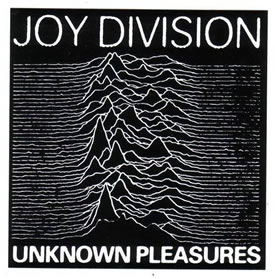 And finally, three young men named Ian Curtis, Bernard Sumnerand Peter Hook. Inspired by the performance, Hook would buy his first guitar, and the three would form a band named the Stiff Kittens, which would later go by the name Warsaw, after which they’d finally settle on the name Joy Division. They would go on to become one of the best-known and influential New Wave bands. After Curtis’ suicide, the remaining members who would go on to become New Order, who’ve influenced anyone who’s ever plugged in a MIDI cable into a synthesizer. To this day, New Order’s Blue Monday is the best-selling 12″ single of all time.
And finally, three young men named Ian Curtis, Bernard Sumnerand Peter Hook. Inspired by the performance, Hook would buy his first guitar, and the three would form a band named the Stiff Kittens, which would later go by the name Warsaw, after which they’d finally settle on the name Joy Division. They would go on to become one of the best-known and influential New Wave bands. After Curtis’ suicide, the remaining members who would go on to become New Order, who’ve influenced anyone who’s ever plugged in a MIDI cable into a synthesizer. To this day, New Order’s Blue Monday is the best-selling 12″ single of all time.
The headlining act (the Sex Pistols) and the organizers (who’d go on to form the Buzzcocks) of this poorly attended, seemingly insignificant gig were ˆ influential that they’d end up in Jack Black’s lesson in School of Rock…
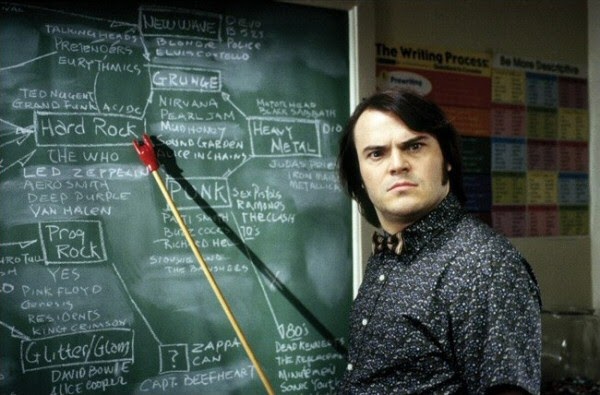
You can see the Sex Pistols and Buzzcocks listed under “Punk”. Click here to see the full blackboard.
…and the concertgoers from that gig would go on to build the foundations of alternative rock and influence a lot of people who took up the electric guitar, synthesizer, or turntables.
In theory, this concert should’ve amounted to nothing, but in the end it changed everything in the music world.
The Gig That Changed the World brought together people with similar interests who were passionate about what they did. Its attendees saw that popular music was changing, and after being inspired by a group of troublemakers, decided that they could be part of that change. They went on to create music their way, and they made their mark on the world.
Startup Week Tampa Bay 2019: The week that could change the world
The people behind Startup Week Tampa Bay (the 2019 team is pictured above) may not all look punk rock, but they’ve most certainly got its DIY, “we have an idea and we’re going for it” spirit. Like the Pete Shelley and Howard Devoto organizing the Sex Pistols gig, they’re a band of troublemakers putting on an event on a shoestring budget. (Yes, TechStars is very obviously sponsoring, but without them, the budget would likely go from shoestring to none), and at the moment, it isn’t being noticed by most of the world outside “the other bay area”.
Like the music scene in Manchester the mid-late 1970s, the work-life dynamic in Tampa Bay in the mid-late 2010s is undergoing some big changes:
- Massive $3 billion development will accelerate Tampa, Florida’s growth (April 2017)
- Why Have So Many Millennials Become Tampreneurs? (April 2017)
- Tampa Ranks as Top Spot Where Millennials are Moving (June 2017)
- 5 Reasons Why People Are Moving to Tampa Bay Area (December 2017)
- Jeff Vinik hires Chicago startup specialist Lakshmi Shenoy to run Tampa innovation hub at Channelside Bay Plaza (December 2017)
- Tampa Bay area’s population projected to grow to 3.1 million this year (February 2018)
- Evidence of Tampa Bay Area’s growing tech hub: Clearwater counts 50 tech companies, 2K jobs (March 2018)
- Global study shows economic growth in Tampa Bay (June 2018)
- Tampa metro’s job growth is second highest in the state (June 2018)
- Young talent helps Tampa Bay stand out in tech, new group says (August 2018)
- David Straz unveils job growth strategy for Tampa (October 2018)
- Tampa Bay looking to brand itself as technology hub of the state, Southeast (October 2018)
The team at Startup Week Tampa have done their part by organizing their event for the Tampa Bay area, just as Shelley and Devoto did back in 1976 by bringing punk rock to Manchester. How the rest of the story ends is up to us.
I’ll repeat what I said at the start of this article: In theory, Tampa Bay Startup Week should amount to nothing. In practice, and as shown by music history, if we take inspiration from the event, make friends and connections, and take action, it could be that gathering that changed the world.
Worth reading/watching
Tampa Bay’s tech “scenius” depends on us: Scenius is a term that Brian Eno coined to describe the extreme creativity that groups, places, or “scenes” can generate. I recently wrote an article about it here.
- 12 Tips to Building a Successful Startup Community Where You Live (April 2012)
- This is how you build a tech community (September 2012)
- How to build a tech ecosystem: The essential building blocks for your city (April 2014)
- How Cities Build Vibrant Tech Scenes (September 2014)
- The Recipe For Building A Startup Scene In Any City (October 2014)
- How to Create a Tech Startup Scene If You’re Not in Silicon Valley (December 2014)
- Building Tech Communities (March 2017)
- The No Bullshit Way To Grow The Phoenix Tech Scene (April 2017)
- How to Build a Vibrant Tech Community: 4 Lessons from Cincinnati (May 2018)
- How To Build A Civic Tech Community (June 2018)
- Seedcamp’s “How to build a tech ecosystem: The essential building blocks revisited by Carlos Espinal” page
- How to Build Your Startup Community
For those of you who’d like to know more about The Gig That Changed Everything, here’s the BBC’s special on the event, titled I Swear That I Was There:
This article is the 2019 revision of an article I posted in 2015.
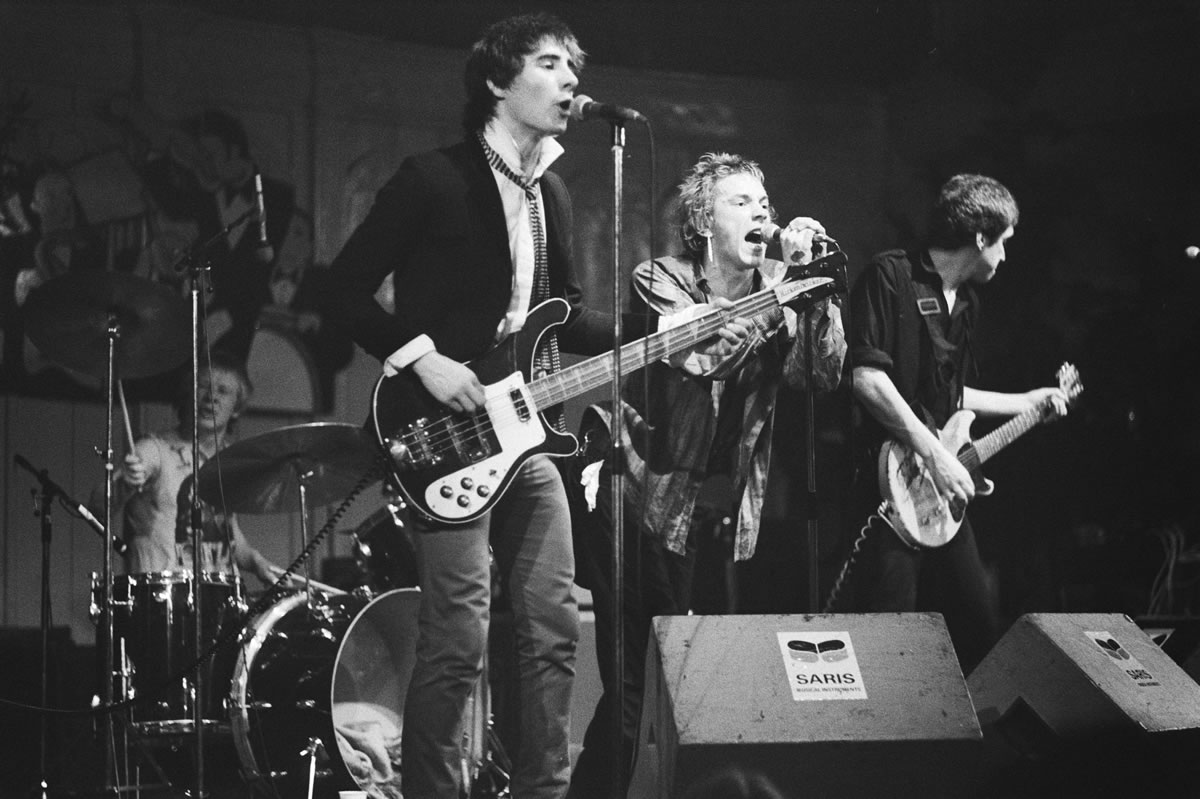
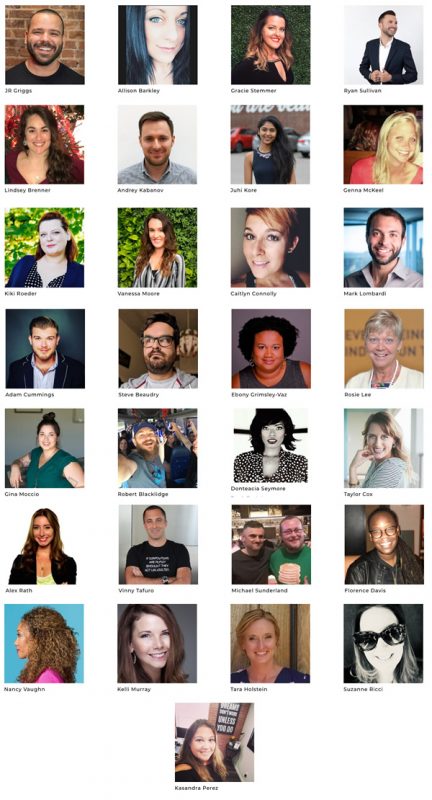
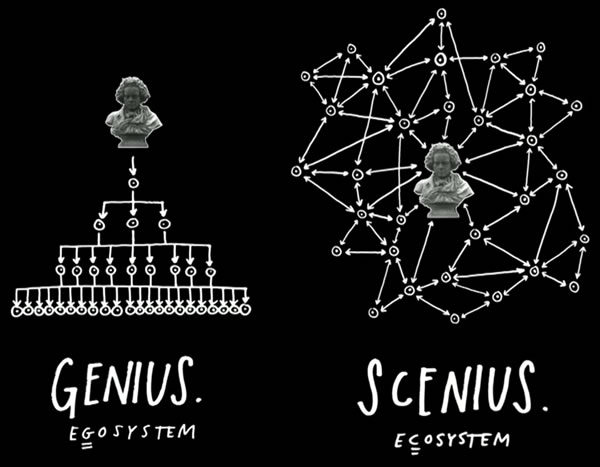
One reply on “What do the Sex Pistols’ 1976 gig and Startup Week Tampa Bay 2019 have in common?”
[…] What do the Sex Pistols’ 1976 gig and Startup Week Tampa Bay 2019 have in common? […]